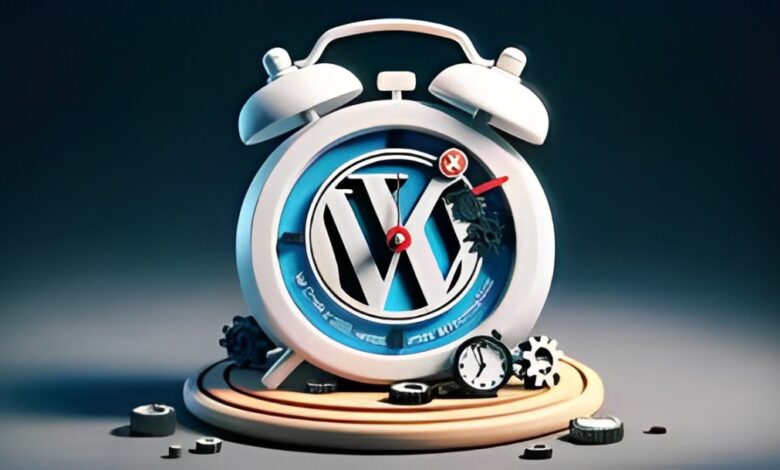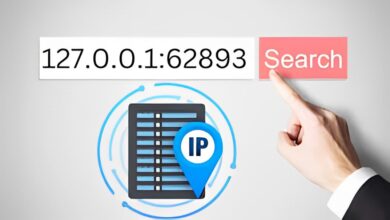Repair WP-Cron: A Comprehensive Guide to Optimizing Your WordPress Scheduling System

Table of Contents
- 2.1 What is WP-Cron?
- 2.2 How WP-Cron Works
- 3.1 Missed Scheduled Posts
- 3.2 Performance Issues](#performance-issues)
- 3.3 Plugin Conflicts](#plugin-conflicts)
- 4.1 Checking WP-Cron Status
- 4.2 Disabling and Re-enabling WP-Cron
- 4.3 Using a Plugin for Repair
- 4.4 Manual WP-Cron Repair Techniques
Introduction
(repair wp-cron)In the world of WordPress, WP-Cron is a crucial component that ensures your scheduled tasks run smoothly. However, it can encounter issues that disrupt the functionality of your site. In this guide, we will explore how to repair WP-Cron and optimize it for better performance. Whether you’re a novice or an experienced developer, this comprehensive article will equip you with the knowledge needed to tackle common problems and maintain a healthy WP-Cron system.
Understanding WP-Cron
What is WP-Cron?
WP-Cron is a built-in task scheduler in WordPress that allows you to automate time-based tasks. Unlike a traditional cron system that runs on the server, WP-Cron is triggered by user visits to your website. This means that whenever someone visits your site, WordPress checks for any scheduled tasks that need to run.
How WP-Cron Works
WP-Cron works by checking a scheduled task against the current time whenever a user visits your website. If a scheduled task is due, WP-Cron executes it. This can include publishing scheduled posts, sending email notifications, or running other scheduled jobs. While this system is convenient, it can also lead to issues if not managed properly.
Common Issues with WP-Cron
Missed Scheduled Posts
One of the most common issues with WP-Cron is missed scheduled posts. If your WP-Cron is not functioning correctly, your scheduled posts may not go live at the intended time. This can negatively impact your content strategy and audience engagement.
Performance Issues
A malfunctioning WP-Cron can lead to performance problems on your site. If tasks pile up and are not executed on time, it can cause increased server load, resulting in slower page load times and a degraded user experience.
Plugin Conflicts
Some plugins may interfere with WP-Cron’s functionality. Conflicts can arise when multiple plugins attempt to manage scheduled tasks, leading to unpredictable behavior and failures in executing cron jobs.
How to Repair WP-Cron
Checking WP-Cron Status
Before attempting to repair WP-Cron, it’s essential to check its current status. You can use tools like WP Crontrol, which provides a user-friendly interface to view and manage scheduled events. Install the plugin, navigate to Tools > Cron Events, and check for any missed tasks.
Disabling and Re-enabling WP-Cron
Sometimes, a simple restart can fix the issues. You can disable WP-Cron by adding the following line to your wp-config.php file:
define('DISABLE_WP_CRON', true);After disabling, clear your cache and re-enable it by removing the line. This can refresh the cron system and help resolve underlying issues.
Using a Plugin for Repair
There are several plugins available that can help you repair WP-Cron easily. Some popular options include:
- WP Crontrol: Allows you to view and control WP-Cron events.
- WP Scheduled Posts: Provides advanced scheduling options and monitoring.
These plugins can help identify issues and manage your cron jobs effectively.
Manual WP-Cron Repair Techniques
If you’re comfortable with code, you can repair WP-Cron manually. Here are some techniques you can try:
- Check Server Cron Jobs: Make sure your server cron jobs are set correctly. You may need to configure your server to run the cron.php file at regular intervals (e.g., every 15 minutes).
- Review Functions.php: Sometimes, custom code in your theme’s
functions.phpcan interfere with WP-Cron. Review this file for any cron-related functions that may be causing issues. - Increase Memory Limit: Low memory limits can affect cron execution. Consider increasing your PHP memory limit by adding the following line to your
wp-config.phpfile:
define('WP_MEMORY_LIMIT', '256M');Best Practices for Maintaining WP-Cron
Optimizing Your Cron Jobs
To prevent future issues, regularly optimize your cron jobs. Remove any unnecessary tasks and ensure that your scheduled jobs are not conflicting with each other. Use the WP Crontrol plugin to manage and delete old or failed events.
Regular Monitoring and Maintenance
Set a schedule to regularly monitor your WP-Cron events. This proactive approach can help you catch issues before they escalate. Consider checking your WP-Cron status weekly or bi-weekly to ensure everything runs smoothly.
Conclusion
Repairing WP-Cron is essential for maintaining the functionality of your WordPress site. By understanding how WP-Cron works, recognizing common issues, and implementing repair techniques, you can ensure that your scheduled tasks run smoothly. Regular maintenance and optimization will further enhance your site’s performance and reliability. Follow the tips outlined in this guide, and you’ll be well-equipped to keep your WP-Cron system in top shape.
you may also read choicegazette.





